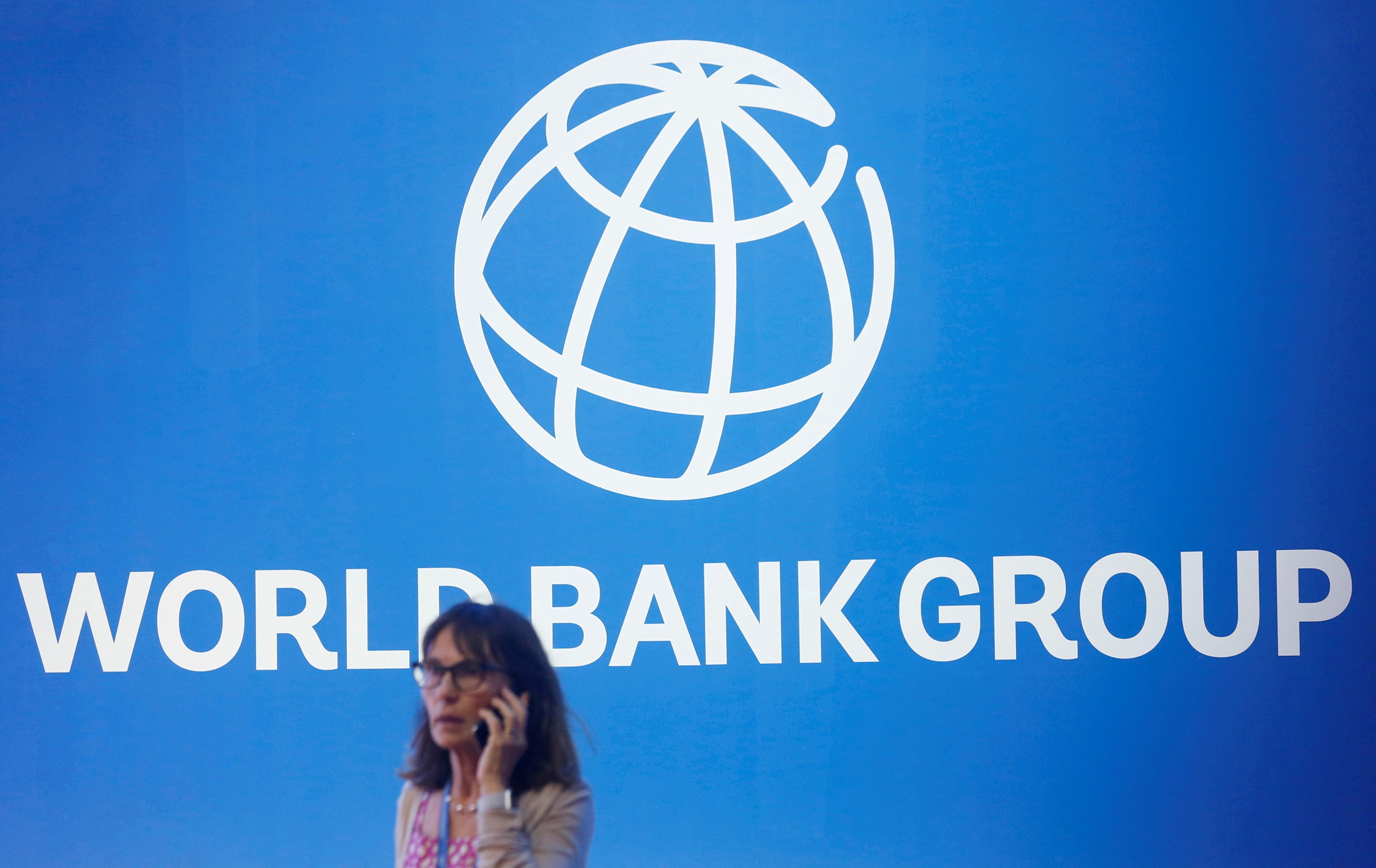Despite all the crises and inflation, Bulgaria’s economy will grow by almost 4% this year. Our country has done its homework well, preparing to enter the eurozone. There is no ground for hyperinflation.
This was stated to BNT by the permanent representative of the World Bank in Bulgaria Fabrizio Zarcone.
“A lot has been done in terms of inflation and gas growth. The latest package of BGN 1.5 billion will definitely help companies. There is more that can be done. Some time ago, we at the World Bank noted that the response of Bulgaria was quite conservative regarding the COVID-19 crisis. The expansion of the measures was not enough. There was enough space and an opportunity to develop your support,” he said.
According to him, one of the measures of support from the World Bank is the direct support of poor and marginalized people.
“They felt the consequences of COVID-19 and the rise in prices the most. We are open to cooperating with technical assistance and even financial, if necessary”. According to him, “in Budget 2022 it is good to pledge sustainable public investment to create jobs,” explained the representative of the World Bank in Bulgaria.
Regarding business aid, Zarcone explained that aid should and can be increased: “The costs of individual consumers must be covered, but companies provide work for these people, so there must be aid. Now is the time not to be conservative.”
According to Fabrizio Zarcone, Bulgaria’s actual entry into the eurozone would not cause shocks because the currency board has done its job. He stressed that it should not be forgotten that the country is the poorest country in the European Union, accounting for 55% of the average gross domestic product of member states.
“Inequalities are staggering, and this is unacceptable for the Union. Structural reforms must be forced and funds are available,” he said.
According to him, we should be careful about two things. “First with the pandemic. We must not forget that Bulgaria is the least vaccinated country in the world if we compare it with developed countries. The second is inflation. Inflation is a big ugly beast, difficult to control, especially in a small and open economy like Bulgaria It is a very important factor. The truth is that when there is no opportunity for monetary policy, there is not much left to do,” he said.
“The only thing Bulgaria can do is alleviate the symptoms of inflation,” Zarcone said.
However, concerns about inflation in the eurozone remain. At the moment there is no sign of particularly worrying processes, but we must be prepared, said the representative of the World Bank in our country.
What Bulgaria can do in the long run to improve its financial stability is take steps to become an energy-independent country. This will prevent the sharp rise in gas prices, Zarcone added: “If, for example, there are more gas suppliers, there will be lower prices. So far, the country has had only two suppliers.”
The partnership between the World Bank and Bulgaria in recent years has not been as good as it could be, concluded the WB representative in Bulgaria.

